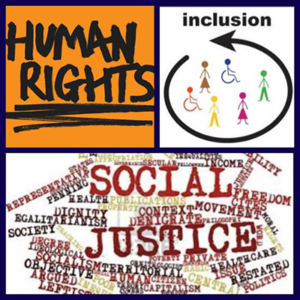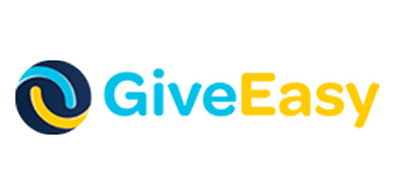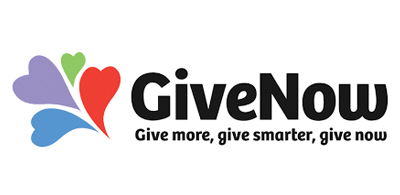WHAT WE DO
What is Independent Social Advocacy

Advocacy is speaking, acting and writing with minimal conflict of interest on behalf of the sincerely perceived interests of a disadvantaged person or group.
- To promote, protect and defend their welfare and justice
- Being on their side and no-one else’s
- Being primarily concerned with their fundamental needs
- Remaining loyal and accountable to them in a way which is emphatic and vigorous and which is, or is likely to be costly to the advocate or advocacy group
Social Advocacy Guiding Principles
Key Features
- The Convention on the Rights of Persons with Disabilities (CRPD)
- The principle of social justice
- The principle of inclusion in community life
Elements
- Taking positive, ethical action
- Being on the side of someone who is vulnerable
- Being understanding of the position and the vulnerability of the person
- Remaining loyal and accountable over the long term where necessary
- Being independent with minimised conflicts of interest
- Focusing on fundamental needs, welfare and best interests of the person
- Doing advocacy with vigour and a sense of urgency
What it's NOT
- Service provision or personal care support
- Case management
- Guardianship
- A lobby group or peak body
- A big brother to watch over services
- A complaints or mediation mechanism
- An internal protective mechanism in government or services



